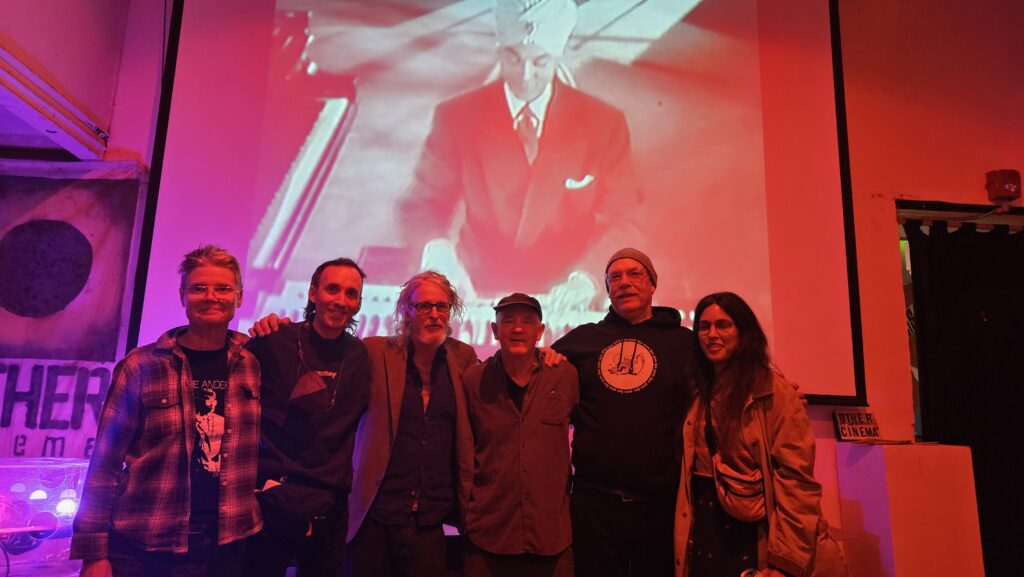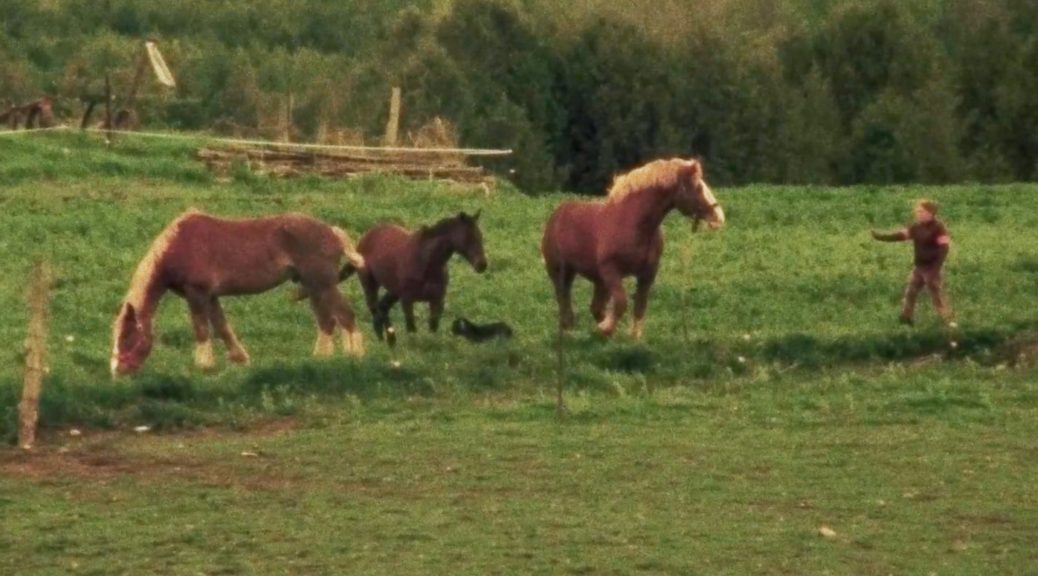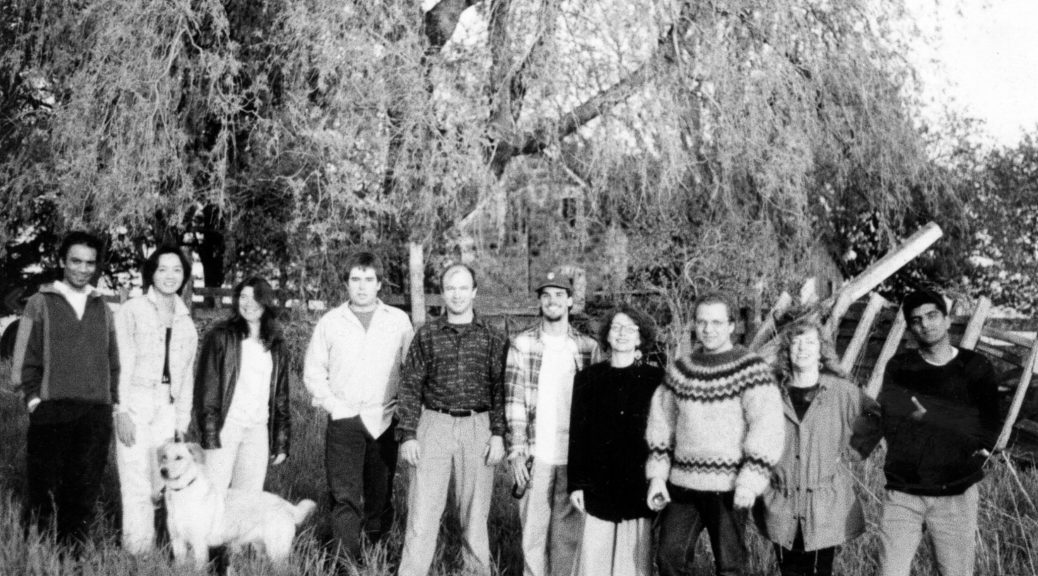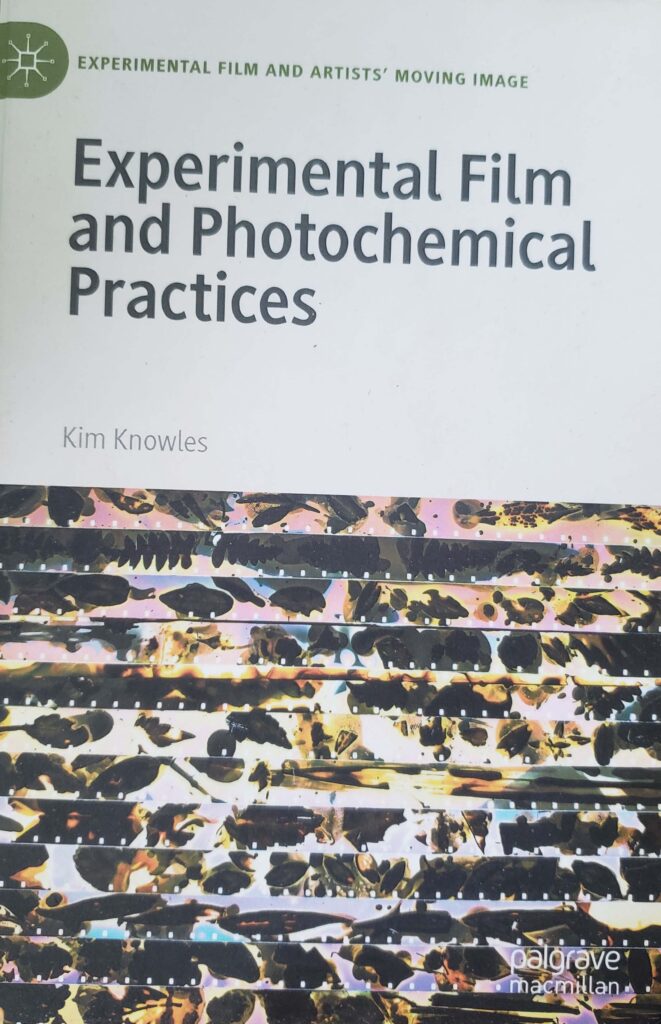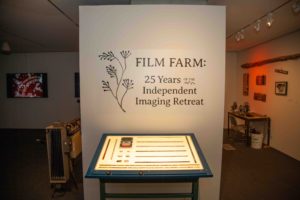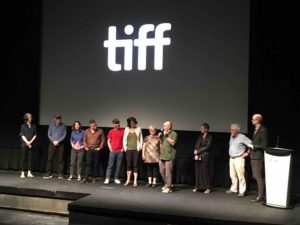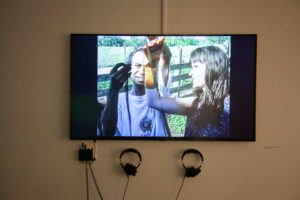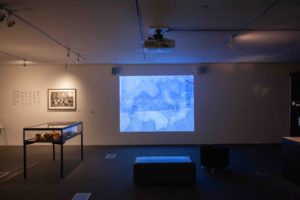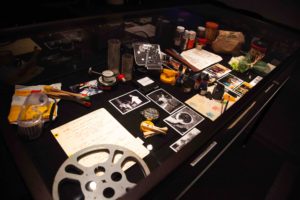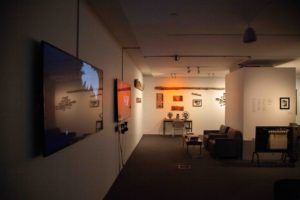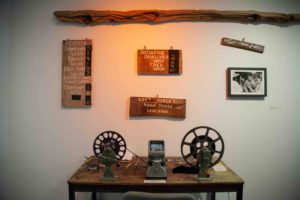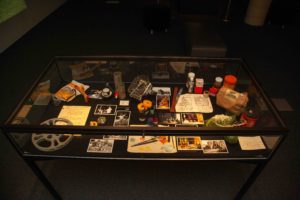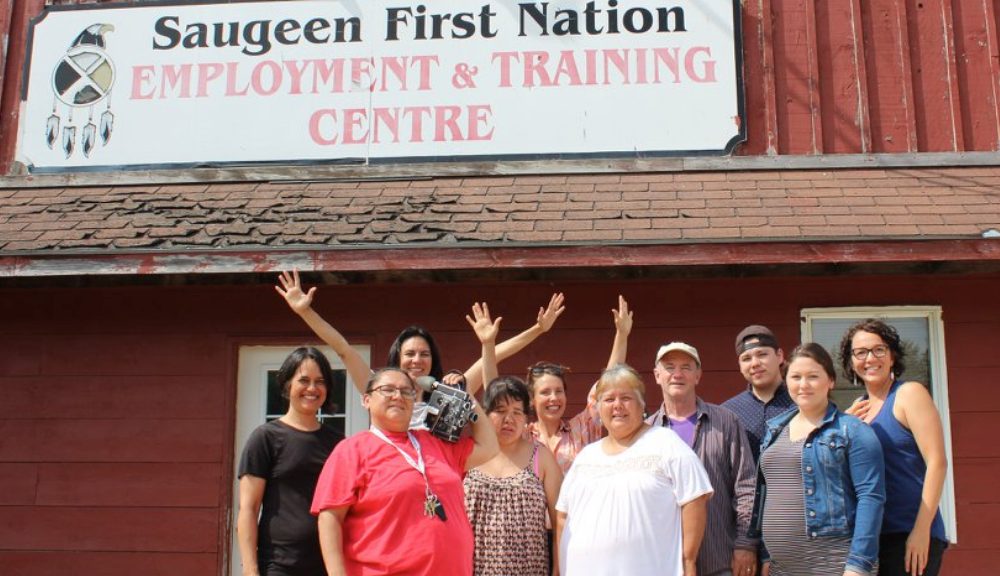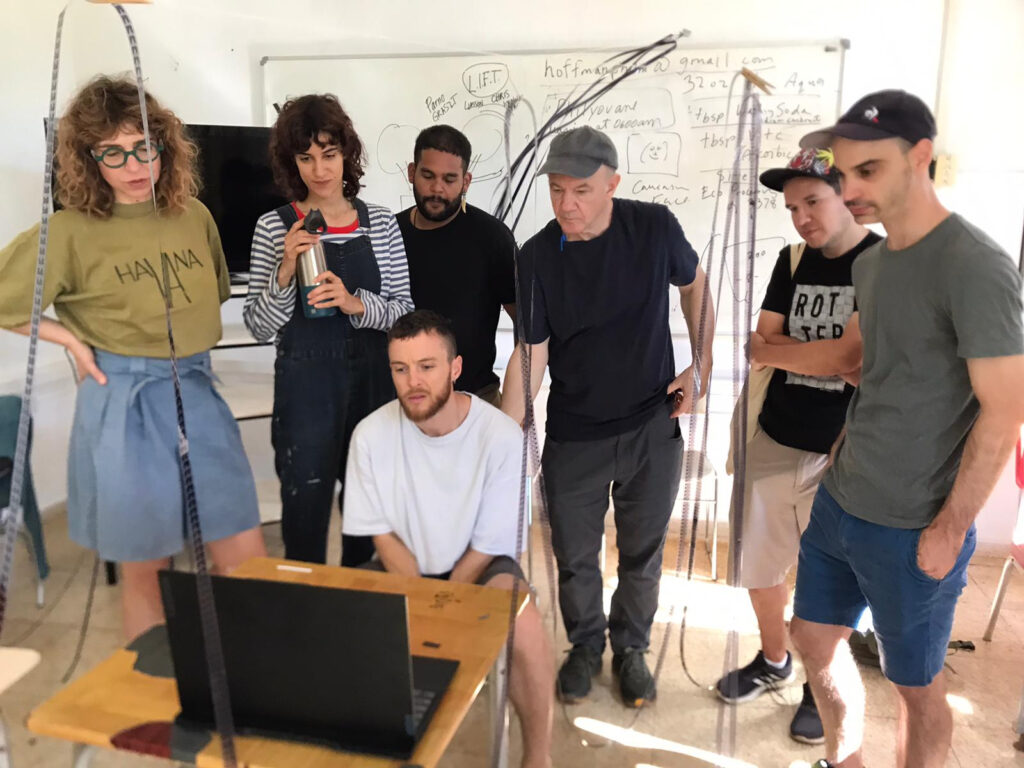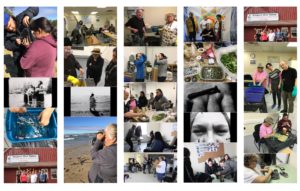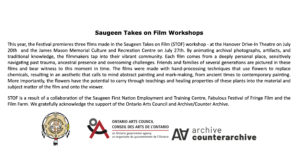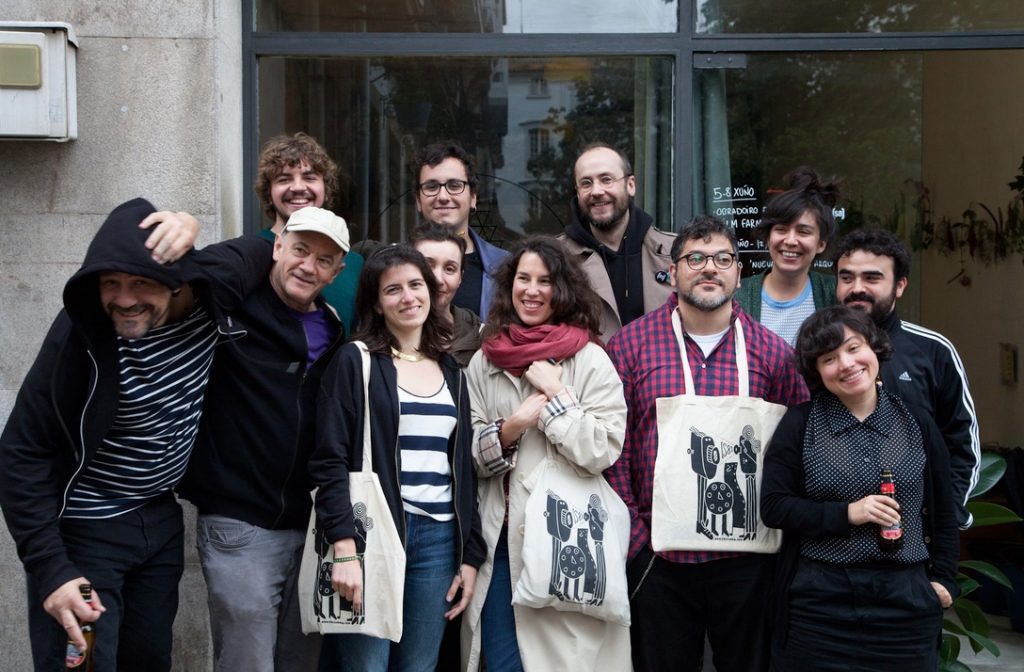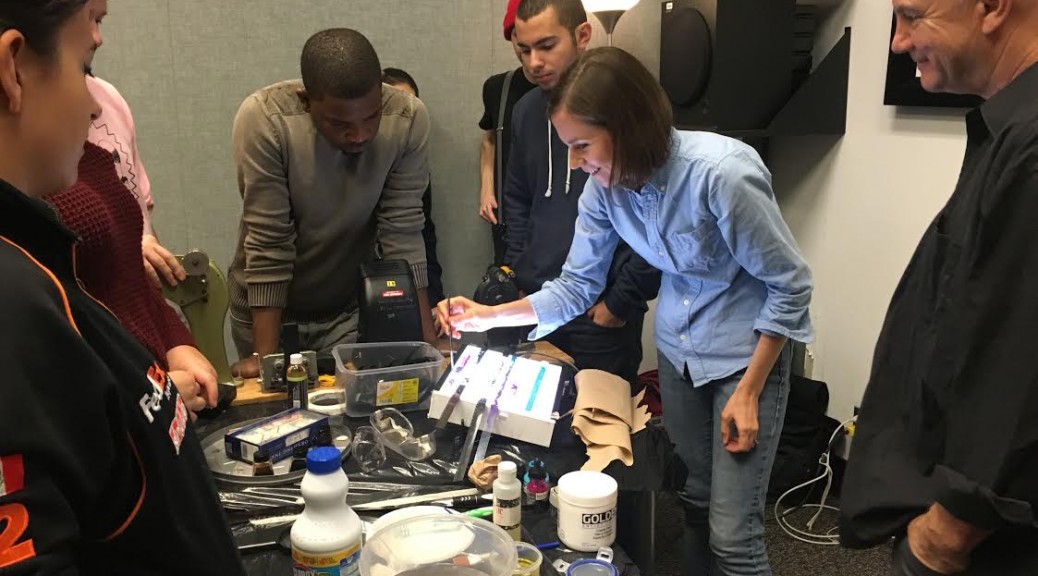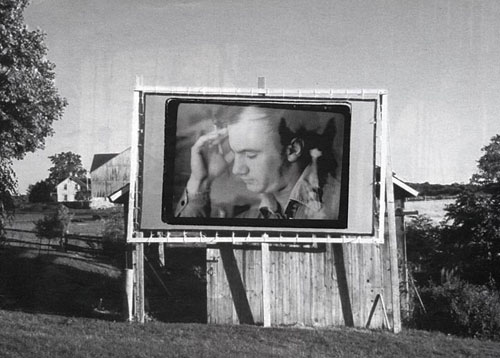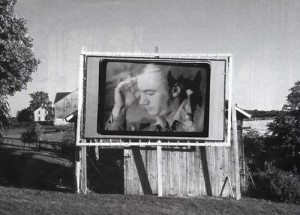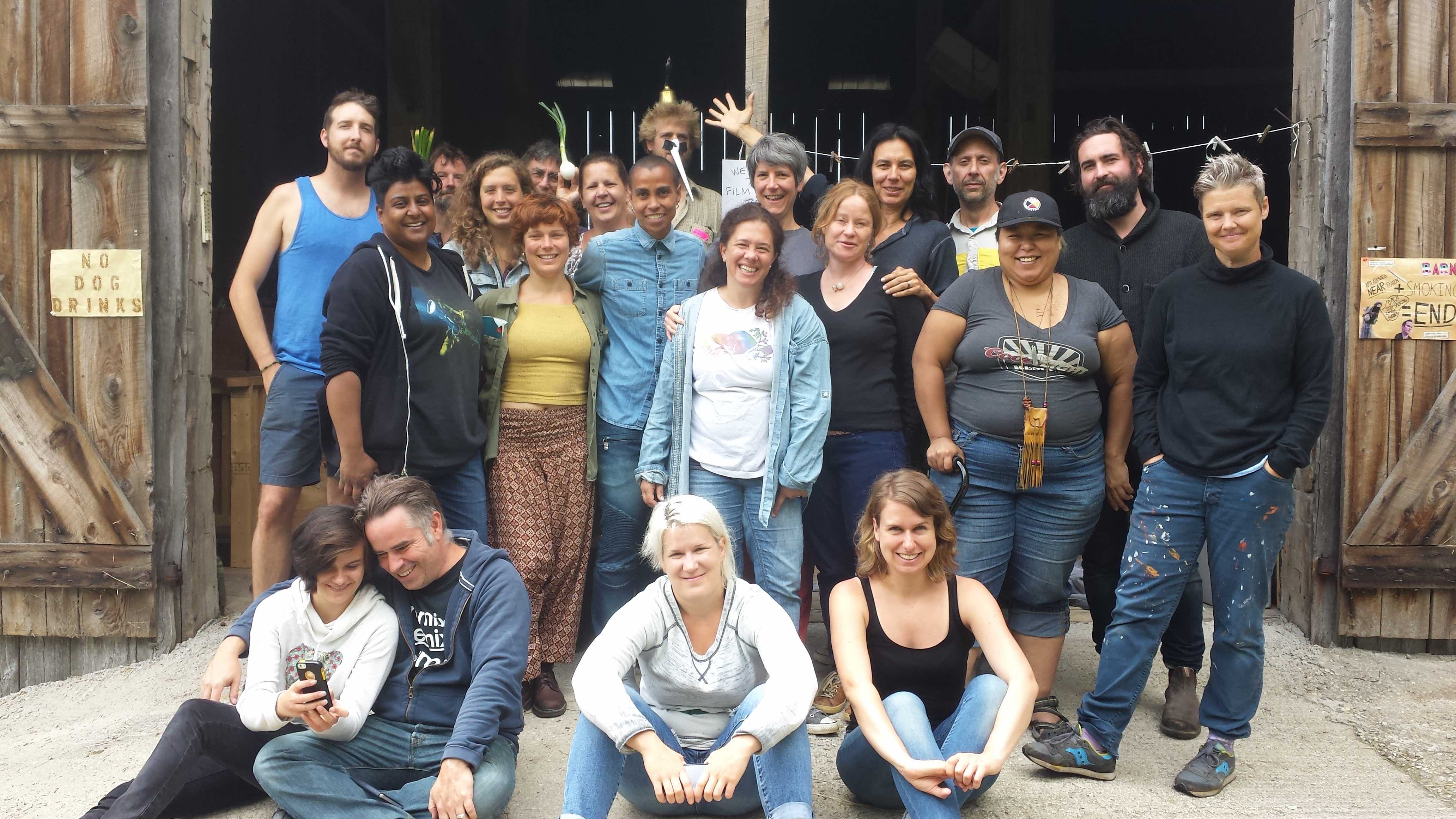Films, Excerpts & Video Diaries
The Independent Imaging Retreat
Films & Excerpts:
Minus by Chris Chong (1999)
We are Going Home by Jenn Reeves (1999)
Behind this Soft Eclipse by Eve Heller (2004)
Hardwood Process by David Gatten (1998)
Disenchanted by Sarah Lightbody
Across by Cara Morton (1997)
Fall by Deirdre Logue (1997)
Compiled by Philip Hoffman.
All films and excerpts are used with the permission of the artists.
Total Running Time: 21:35 minutes
The Independent Imaging Retreat began in the summer of 1994 as a pro-active response to the increasing cost and commercialization of film production programs, professional development opportunities for artists and filmmaking workshops.
Frustrated with federal and provincial cutbacks to education and limited creative opportunities for independent filmmakers, Canadian experimental filmmaker Philip Hoffman set out to create a context in which film could be taught and explored with integrity, innovation and compassion.
The workshop would place an emphasis on experimentation, personal expression and the use of hand processing techniques. The Retreat began with a modest budget at Hoffman’s home in rural Mount Forest, Ontario. With the most basic film materials, an antiquated film processing machine, a makeshift darkroom and screening facility, and a small group of dedicated volunteer artists (including filmmakers Rob Butterworth, Tracy German and Marian McMahon), the workshop facilitated the filmmaking of six participants.
With such limited resources, it quickly became evident that imperfections and surprises were to become a critical source for creative and aesthetic possibilities and a philosophy for the workshop was born.
From 1994 to 1998 the Retreat received institutional support from Sheridan College in the form of a basic administrative structure, cameras, tripods, light meters and related filmmaking materials.
In 1999, however, Hoffman began teaching at York University, losing essential support from the institution. From 1999 onward the Retreat has been fully and truly independent.
The Retreat continues to operate on a not-for-profit basis. It is artist driven and remains focused on the development of individual artists and the production of experimental film works.
For a decade, the Independent Imaging Retreat has initiated and enhanced the work of local, national and international independent filmmakers and has expanded the traditions of experimental filmmaking in Canada.”
Originally published here.
